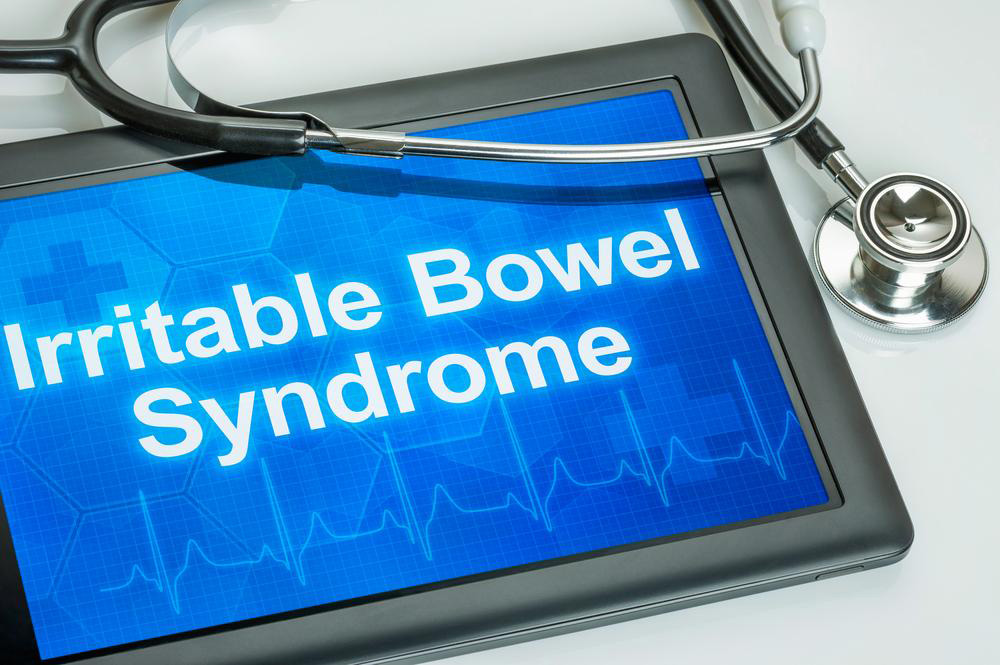An Overview of the Medications for IBS
The exact causes of irritable bowel syndrome (IBS) have not yet been identified completely. That is why the treatment primarily focuses on the relief of symptoms and helps the patient live as normally as possible. In a majority of the cases, controlling the mild symptoms of irritable bowel syndrome is not a big issue, and the patient can lead a normal life by learning how to manage stress and introducing the necessary changes in their lifestyle and diet.

Learn about dietary changes
- Stop consuming high-gas foods.
If you are suffering from serious bloating or experiencing frequent gas related discomforts, your doctor recommends eliminating stuff like certain vegetables such as cauliflower, broccoli, cabbage, raw fruits and carbonated beverages. - Stop eating gluten
Research studies suggest that some patients suffering from IBS show improvements in diarrhea symptoms when they stop consuming gluten like rye, barley, and wheat. - Stay away from taking certain types of carbohydrates
Some people show great sensitivity to certain kinds of carbohydrates like lactose, fructans, and fructose commonly known as FODMAPs. These types of carbohydrates can be found in specific dairy products, fruits, vegetables, and grains. You should not undermine the importance of this aspect. Better relief can be achieved by eliminating these types of carbohydrates.
Learn about medications
- Medications to control diarrhea
There are over-the-counter medication for IBS like loperamide that are capable of addressing diarrhea. Bile acid binders also offer good results, but they should be taken under the supervision of a doctor because incorrect dose can result in bloating. - Fiber supplements
Patients need to take fiber supplements like Citrucel and Metamucil along with fluids, and it allows them to prevent constipation. Fiber acquired from food can cause more bloating in comparison with a fiber supplement. If fiber supplements do not address the symptoms, the doctor may recommend osmotic laxative to control the symptoms. - Anticholinergic medications
Antispasmodic or Anticholinergic medicines like Levsin and Bentyl address painful bowel spasms. If you are facing bouts of diarrhea frequently, they are useful, but the patients should follow the guidelines of the doctor to prevent constipation and urinating difficulty. Glaucoma sufferers must be very careful when it comes to choosing these types of medications. - Antidepressant medications
If the patient is experiencing pain and depression, tricyclic antidepressants are a good option, and another alternative is a selective serotonin reuptake inhibitor. These types of medication for IBS regulate the activity of neurons that are capable of controlling the activities in the intestine, and they offer relief from the depression as well. If you are an IBS sufferer with abdominal pain and diarrhea but without any depression, the doctor recommends a lower dose of tricyclic antidepressants. You have to be careful about the side effects, and that is where the importance of following the guidelines of the doctor comes in. - Antibiotics
In some people, the symptoms of IBS manifest because of a bacterial overgrowth in the intestine areas and in such a situation, antibiotic treatment is a very good option. It has been found out that antibiotic medications like Rifaximin reduce the symptoms of diarrhea. - Counseling
If you are suffering from depression, you have to undergo counseling. Prolonged stress aggravates IBS, and it should be eliminated to speed up the process of recovery.
Medications for specific IBS
Two prominent medication for IBS that are prescribed exclusively for specific cases of IBS are Lotronex and Alosetron. They offer a relaxing effect on the colon, and you can expect slower movements through the lower bowel. There are situations where doctors prescribe Alosetron, and it has been found effective in women who have been suffering from critical cases of diarrhea-predominant IBS. When other methods do not bring the expected results, this medication is prescribed. When it comes to treating IBS, doctors do not recommend Alosetron. If you do not use this medication properly, you may have to deal with some side effects. Most doctors prescribe it only when all other methods fail to deliver the desired results.
Other effective medications are Amitiza and Lubiprostone, and they increase the fluid secretion in the small intestine. These medication for IBS are prescribed only for women above 18 years and the effectiveness of this medicine for men is still debatable. Some of the side effects are abdominal pain, diarrhea, and nausea as well. If the patient is experiencing chronic constipation, it works well to address this issue. These are the most commonly prescribed and best medication for IBS, and you can take them under the supervision of a doctor.




